All Work and No Play – Young Lives During the Pandemic
We have been dealing with the Covid pandemic for over a year now, and in the current conditions, we are repeating the past year in a worse state. However, the next pandemic scare seems to be the after-effects of the current one on our kids’ mental health.
When the pandemic began, we were all caught unaware. Maybe there was some amount of denial and a little hope that all of this would end in a couple of months. Yes, I know a lot of us believed so. Yet, here we are one year later, and what is ‘normal’ has now changed completely. The ‘New Normal’ has now become our lifestyle. Perhaps, we’re getting used to working in our pajamas, cooking at home more, shopping less, being with our families, and discontinuing all forms of socializing.
I feel our little warriors, our kids, from toddlers to teens, have gotten ignored in all of this. Our adult minds can use logic to understand the consequences, and our responsibilities have enabled us to accept its reality faster, but our little ones still have no clue about what is going on.
Suddenly, mornings seem to slow down, there’s no rush hour, friends have become virtual, there are no lunch breaks to share their food with their friends, no reassuring touch of a teacher when they feel lost or sad, and most of all, no outdoors. The pandemic has shaken the whole foundation on which they are being raised. Schools went online, and some of us parents, who had set a time limit of one hour for screen time, are now coaxing our kids to sit in front of their laptops for 3 or 4 hours for online classes. Additionally, we also witnessed the horror of parents enrolling their kids for coding classes and many others to try and keep them busy and ahead of their time.
It is said it takes a village to raise a child. Yes, in nuclear families, this village or support system was mainly the school teachers, after-school recreational classes or tuition classes, friends’ birthdays, visiting their grandparents on holidays, and spending time with their parents on weekends. The parents on weekends were not stressed too, as food was just a click away. A new restaurant mushroomed every week to spoil the taste buds, not to mention the play zones in the malls for children, complete with bowling alleys and near to life-size inflatable houses to bounce around in where they could enjoy themselves without their parents. Everything carried on just fine! It took a nanometer-sized virus to collapse this support system, and parents indeed had to get an extra pair of hands to juggle their professional work, household chores, kid’s online classes, and what not! In all this, the emotional health of our little ones became everyone’s last concern.
Now that we are beginning to get used to a life with Covid around, it’s high time we focused on our kids’ emotional health and started working towards creating a future generation that fought with a pandemic and came out stronger. Yes, all of us with kids have a far greater purpose in this world than we imagined.
The first step towards this is recognizing the warning signs in kids that they are emotionally stressed. Some of these common signs include:
- Detaching from their peer groups, teachers, cousins, friends, or family
- Getting irritated
- Displaying unexplained anger, crankiness, tantrums
- Going into a shell
- Getting easily afraid of those unknown to them when they step out
- Suppressing emotions or going into periods of silence
- Crying easily
- Feeling lethargic or a lack of motivation to do things they otherwise enjoyed
- Maintaining poor self-care (hygiene, grooming, diet)
- Experiencing disturbed sleep (either too much sleep or experiencing nightmares)
Now, it’s easy to ask parents to spend more time with their kids and give them more emotional support, but how? How do we ensure that they don’t get spoilt and completely irresponsible with all the love and care? It’s a catch 22 situation for sure.
I have a few ways which I personally use for my child. I hope this will help you too.
- Encourage them to grow a green thumb:
Gardening is a fantastic hobby to combat mental stress. Even something as simple as having a plant on your desk can reduce stress and make you feel more energized and able to think clearly. Many who suffer from anxiety or depression have found caring for plants to be incredibly beneficial. This is the power of nature. It is healing in every way.
Scientifically, there is evidence suggesting that there are two main modes of attention: focused attention, which is what we use when we are at work, and fascination, which is what we use when we take part in hobbies such as gardening. In this theory, too much focused attention can lead to stress, fascination then plays a role in restoring our attention and alleviating the anxiety we receive when we feel pressured or feel like we can’t cope.
Also, the mycobacterium found in soil can improve brain functions while also boosting our mood, gut health and immunity. The mycobacterium vaccae found in the soil increases serotonin produced in the brain (also known as the “happy” chemical). By getting your hands dirty, you’re also making your brain happy!
You can start by growing green chillies or herbs like mint, rosemary in small pots and sharing the responsibility to keep them alive.
- Plan a pool party
Yes, a pool party! A good thing about modern-day living is we have custom-made solutions for all spaces. So, it doesn’t matter if you live in a bungalow or an apartment. You can enjoy a pool day, any day! Collapsible and portable pools are a pocket-friendly and space friendly solution, and the best part is even adults can get into it. Go ahead and plan a pool party in your house with your kid one of these weekends. Involve your child in inflating and deflating the pool; it’s a lot of fun and works their respiratory system too.
- Get back to the activities we indulged in before the era of Netflix and iPads
I remember how we used to be cooped up inside the house and played carrom, board games like Ludo, snakes and ladders, and played with steel kitchen sets on rainy days when we were young. Just an hour before dinner, it was a ritual to play these games! Another favorite was going through old photo albums and reliving the happy memories. I think it is time to get back to these activities.
- Involve them in household work
Doing chores gives a child the opportunity to give back to their parents for all they did for them. Kids begin to see themselves as significant contributors to the family and also foster deeper connections with the family. Holding them accountable for their chores can increase their sense of duty and ownership and make them more responsible. They will feel more capable of having met their obligations and completed their tasks.
Teaching kids the skills of everyday living can really help them when they grow up as well. Small tasks like picking up washed laundry, washing vegetables, washing their own plate after eating, and so on, can be very helpful. You can make it a group activity too, like peeling peas together or cleaning coriander leaves.
It is important to bear in mind, and this is not to order them around but instead make a list of chores and then ask them to choose what they think they will be able to do. This way, they will feel more empowered.
- Encourage them to talk and express themselves
This is a tricky one, but we can help kids improve their expression of feelings with some persistence. One good and old-fashioned way is writing letters to each other, expressing their gratitude or writing about something they have or have not liked and then taking the next step and discussing how to work on it.
Talk to them about your emotions and vulnerabilities too; this will help them gain more confidence to share theirs with you.
Expressing can be through words or physical touches like hugs and kisses. Give them hugs as much as possible, even in between your office calls. It will also be helpful to destress yourself. Physical touch creates a surge in Oxytocin; this helps create a deep sense of nurturing and bonding in kids and helps them regulate their emotions. So, there is definitely solid science behind it! Set an alarm for this and call it “The Hug Hour”, where the whole family comes together and hugs each other. It is proven that hugging releases something called Oxytocin. Oxytocin is a chemical in our bodies that is also called the “cuddle hormone.” This is because its levels rise when we hug, touch, or sit close to someone else. Oxytocin causes a reduction in the stress hormone norepinephrine and lowers blood pressure as well.
- Exercise with your kids
With the gyms closed, our workout routines have gone out of the window. Exercising with kids will be an excellent way to get back on track, and moreover, it’s immense fun to have your child as a workout partner! Simple exercises like some skipping, jumping jacks, squats, or Surya Namaskars will help to improve the physical and mental health of your kids along with helping you bond better with them.
If exercise gets boring, you can always switch to dance practices like Zumba or simply dance the evening away. Just moving your bodies is enough to kick in your happy hormones.
- Plan a picnic or long drive or both
This one is amazing! You can plan one if your location permits it. A long drive ending with some good homemade food is a treat like no other. Make sure you go to places that are not crowded and sanitize your hands before eating. The kids can list things they need to carry and help pack the picnic basket. Carry simple to eat food like rolls or one-pot meals.
- Find a spiritual connection
When I say spiritual, what I mean is developing a habit of praying or meditating in the morning or evening every day.
It can serve in various ways:
- A source of strength to cope during times of stress and illness
- A basis for fostering stronger family bonds and togetherness (set a time for family prayer before bed)
- A sense of direction (children feel protected, and many religions have an interesting philosophy on the connection of prayer and dealing with stressful situations)
- A hormonal balance in children (practicing meditation can help teach mindfulness)
Try this: Morning and Evening Meditation Practice
Kids will wander off initially, but it’s alright, and they will develop the habit of mindfulness in time.
If this pandemic has taught us anything, it is that emotional health and mental toughness are what makes or breaks us, and today’s kids need to be taught this. We do not want to raise an emotionally weak and vulnerable generation. Online classes can wait. Now is the time to invest in the emotional well-being of our young ones.
Here’s a verse that was written by one of our young clients.
Cope with Hope
Days stretch to weeks,
Minutes to hours,
Feeling dull and sad,
Feelings like these are all I seek.
This virus has killed many lives,
And has brought tears to many eyes.
But let’s try to cope with the laws of nature,
Because one day we will reunite with our friends,
And we will make sure that the hug never ends!
|
From a pimple to cancer, our You Care Wellness Program helps you find a way Talk to our integrative team of experts today 18001020253 |

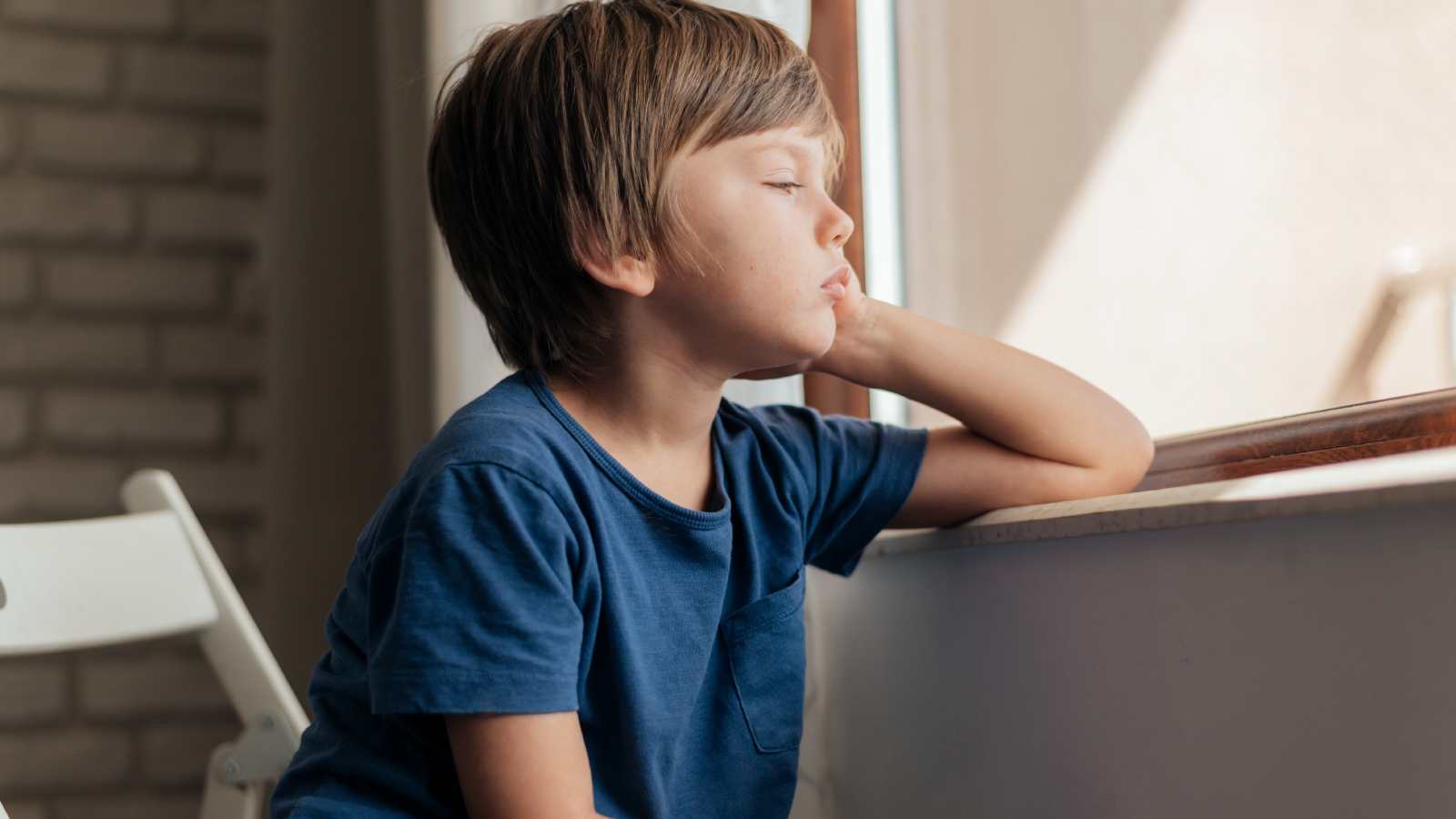

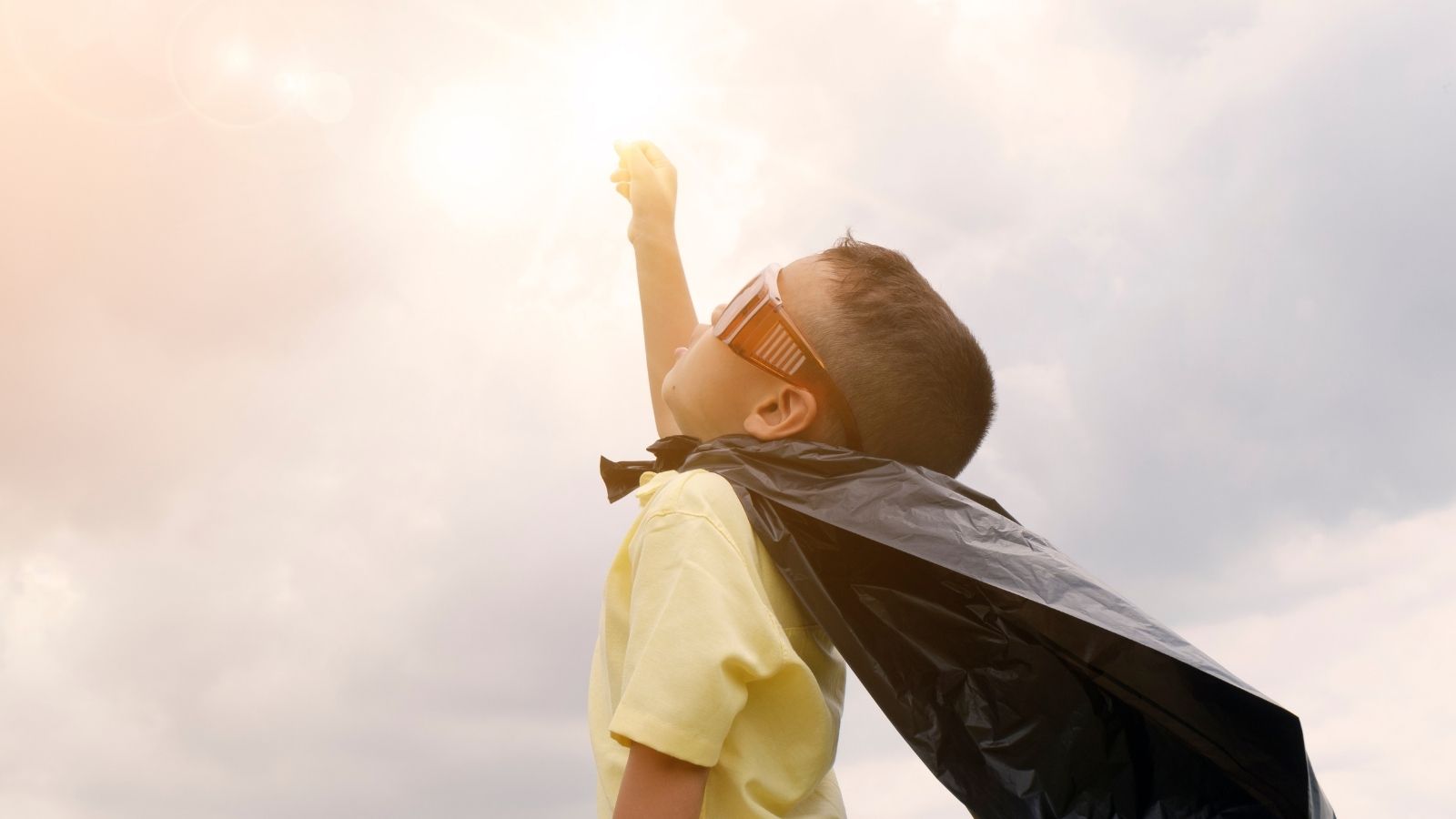
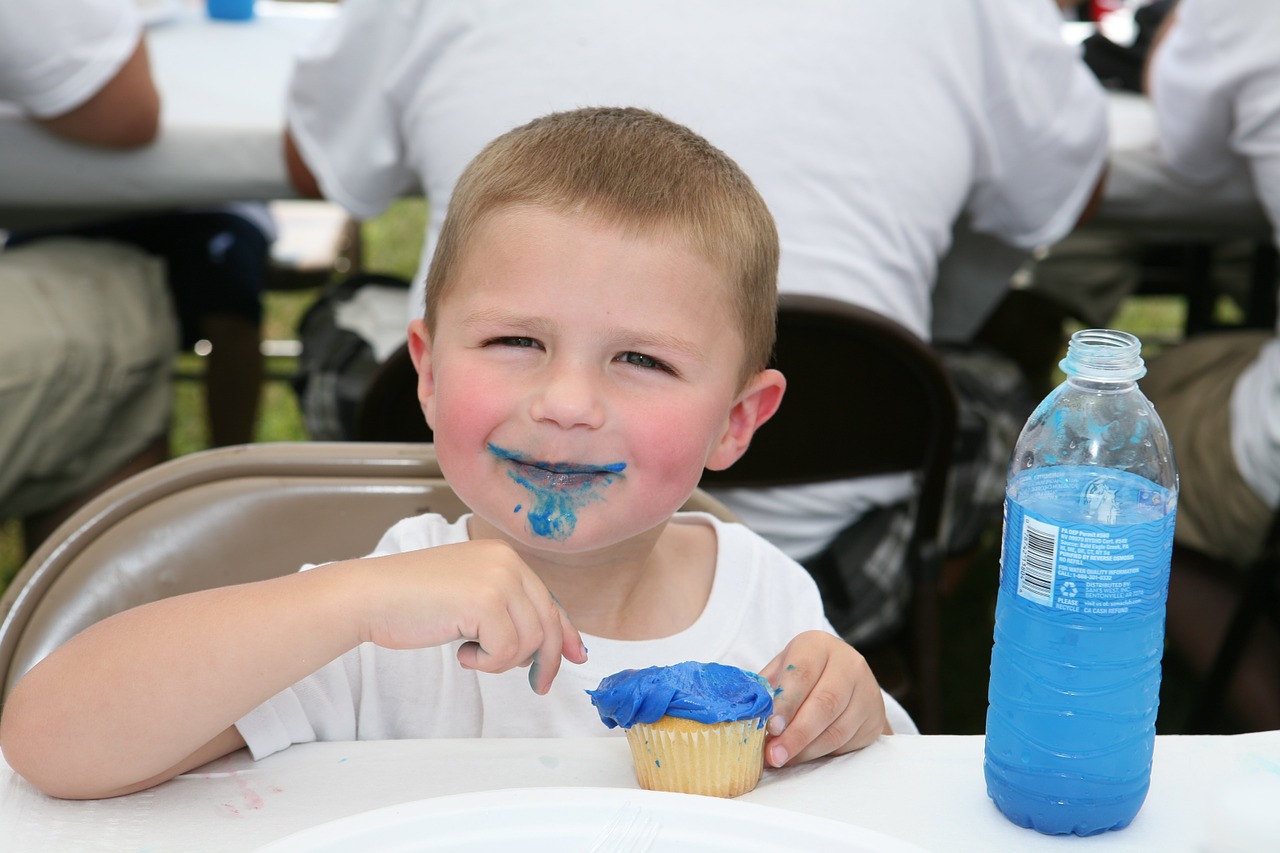

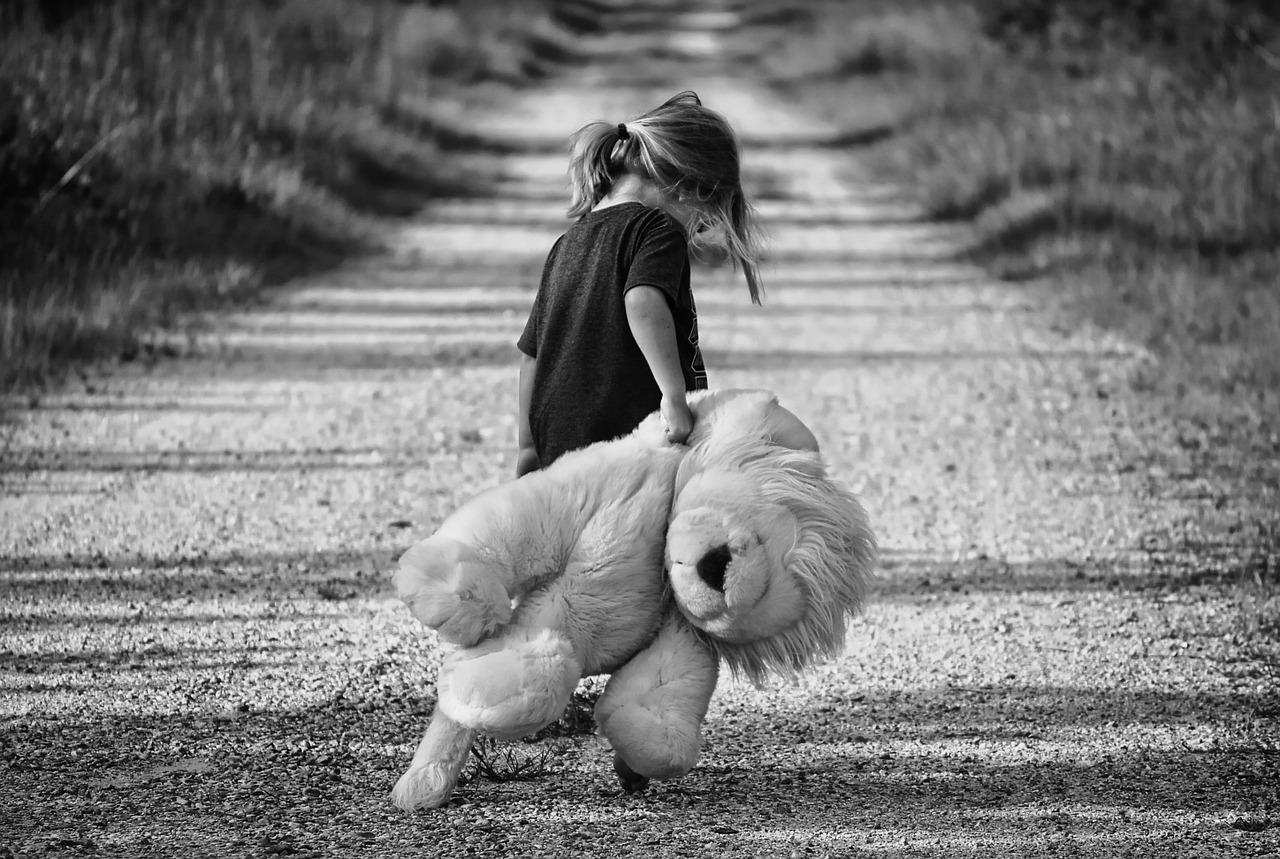
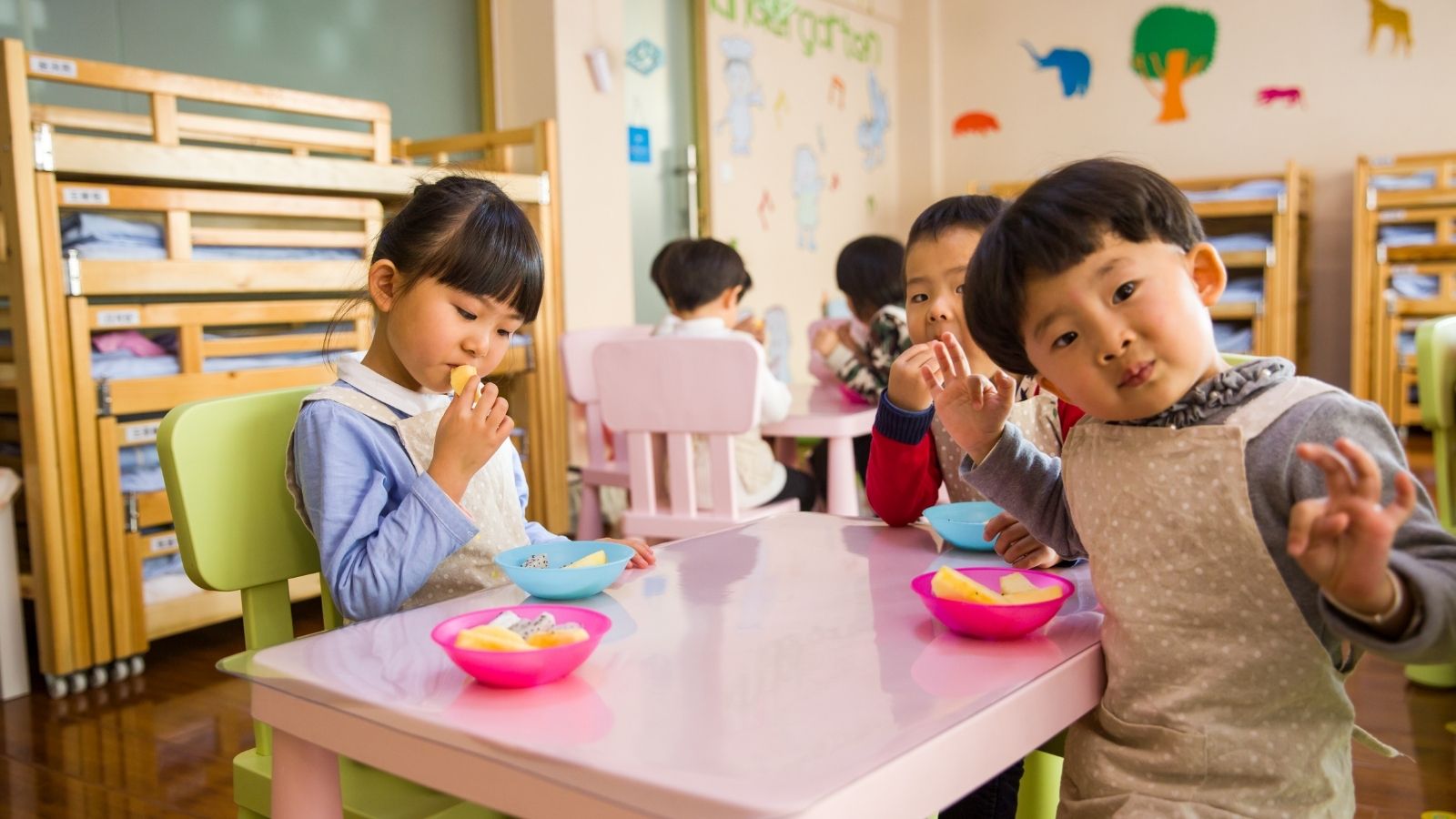

Leave a Reply